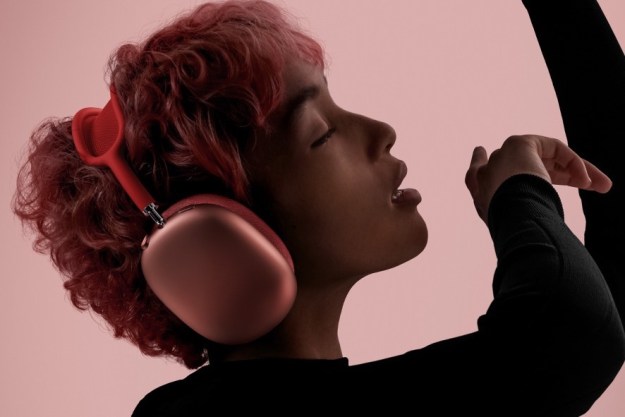
As time ticks down, Apple has brought on thousands of independent labels yet unsigned to its new Apple Music streaming service. Reported by Time, indie juggernaut Beggars Group and indie label network Merlin will license their artists after Apple announced it would, indeed, pay artists during the streaming service’s three-month free trial period. Apple had previously stated that it wouldn’t pay artists for its first three months, but backpedaled after Taylor Swift called out the tech giant via social media.
It’s a vital win for Apple Music, the much anticipated streaming service which launches on June 30, as the service gears up to compete with Spotify, Pandora and others in an already saturated streaming music market. The deals ensure that Adele, Arctic Monkeys and tens of thousands of other artists will be available to stream.
“Over the last few days we have had increasingly fruitful discussions with Apple,” Beggars Group CEO Martin Mills said in a statement. “We are now delighted to say that we are happy to endorse the deal with Apple Music as it now stands, and look forward to being a big part of a very exciting future.”
Taylor Swift’s widely-shared open letter via Tumblr made Apple Music change its course, agreeing to pay artists during its free trial period, and therefore convincing indie labels to sign with the streaming service. Swift acted as a mouthpiece for rising artists who would be particularly hurt by the service’s now-changed policy.
“When I woke up this morning and saw what Taylor had written, it really solidified that we needed to make a change,” said Apple’s Eddie Cue to Billboard. “And so that’s why we decided we will now pay artists during the trial period and we’ll also keep the royalty rate at the higher rate.”
Prior to Apple’s about-face, indie labels had overwhelmingly voiced serious concerns about Apple not paying their artists during the three month period. In particular, label heads and indie label associations had noted that artists releasing new albums in the next three months would be hurt significantly. And, for indie labels with tight margins, signing on with Apple Music could put a big hole in their bottom line.
While it’s still unclear what the royalty rate will be during the free trial period, it looks like it’s enough for indie labels to come to an agreement with the streaming service, just in time for its debut.
Continue to the next page to see our original post (June 18):
When Apple Music debuts on June 30, it may be missing some key independent labels and artists who won’t sign the tech juggernaut’s streaming contract. The key point of contention is one we’ve outlined before, but a tough pill to swallow for smaller labels: The service will not pay any royalties during its heavily-promoted three-month free trial period.
Despite backlash from the American Association for Independent Music (A2IM), Beggars Group (home of Adele, Vampire Weekend, and Beck), and many others, Apple execs will not negotiate, according to Rolling Stone.
Beggars Group exec Andy Heath explained to The Telegraph why the free trial will hit indies the hardest. “If you are running a small label on tight margins you literally can’t afford to do this free trial business,” Health said. “Their plan is clearly to move people over from downloads, which is fine, but it will mean us losing those revenues for three months. Apple hasn’t thought this through at all and it’s not like them. They can’t spring a contract like this on us three weeks from release.”
Apple, which has signed deals with all of the major labels and “a few” of the top independent labels, doesn’t seem to be concerned about the issue. “This is something that we’ve done many times,” said Apple’s Eddy Cue to Rolling Stone. “Even in the original iTunes Music Store, we never did a deal with the indies — we actually launched with the [major] labels… We’ve got the next three weeks to complete this and get those done.”
If independent labels don’t get their way, they may just wait until October to join Apple Music. That’s certainly the point-of-view that A2IM, the aforementioned U.S. association which represents most of the top indie labels, has expressed.
“Since a sizable percentage of Apple’s most voracious music consumers are likely to initiate their free trials at launch, we are struggling to understand why rights holders would authorize their content on the service before October 1st,” said the association in a statement. “Please do not feel rushed to sign Apple’s current offer.”
Editors' Recommendations
- How much is Apple Music, and how can you get it for free?
- What is Apple Music? Music, pricing, and features explained
- Apple Music launches standalone app for classical music
- Apple Music is now available on Roku
- AirPods, Beats owners can get Apple Music free for 6 months


